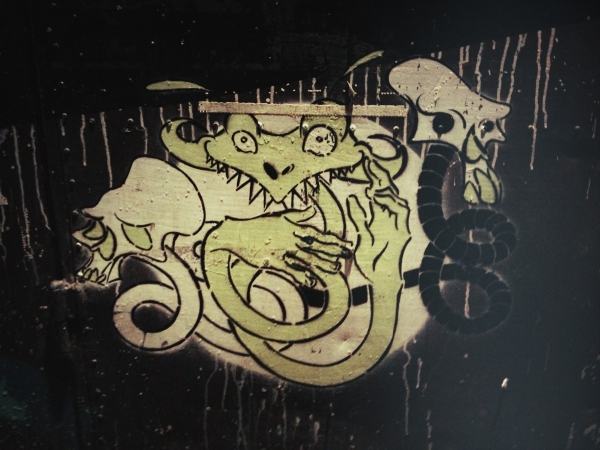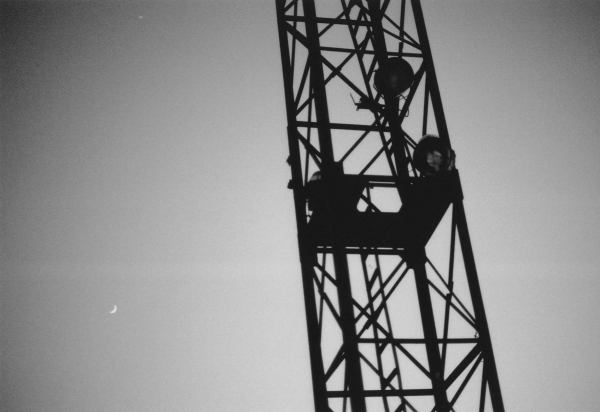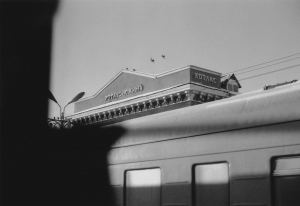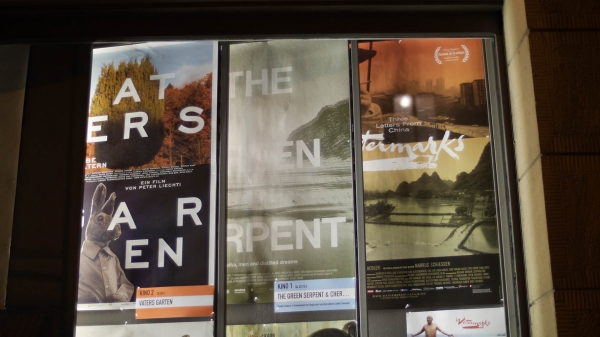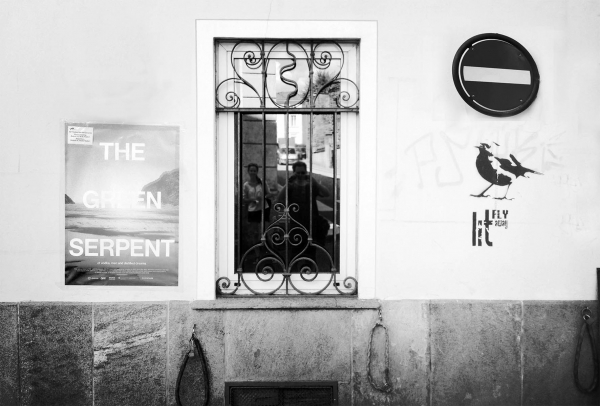In December 2018 a LIMITED DUAL-FORMAT EDITION OF 333 NUMBERED COPIES was released. The edition comes with a booklet that complements the film with images and texts, including the essay The Blanket and the Blizzard by film critic Michael Pattison. In addition to the main film, the discs include a field recording composition and three early experimental works.
Many thanks to everyone who made this edition possible by generously dedicating their work, knowledge, brain capacity, time, heart and money.

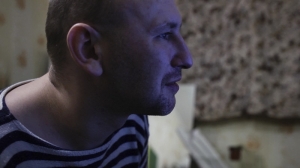

Alcohol stupifies a man, it enables him to forget himself, stimulates him, and induces an artificial gaiety; this stupefaction and stimulation are the more agreeable the less the man is developed and the more he is bound to a narrow, empty life.
Alexander Herzen, My Past and Thoughts, 1856
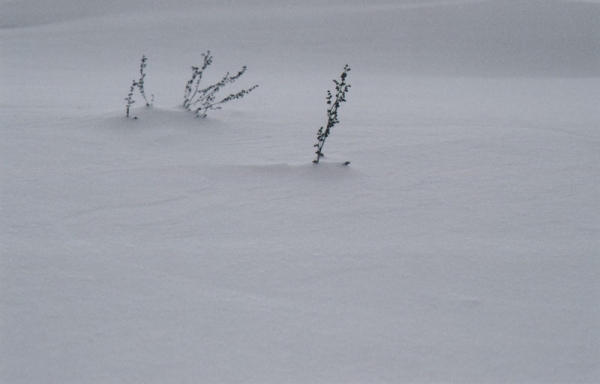
LOGLINE
An introspective cinematic journey tracing the thin line between transcendental inspiration and bleak visions evoked by the spirit of vodka.
SYNOPSIS (ENGLISH)
THE GREEN SERPENT takes us on a journey into the depths of intoxication: drinking vodka as a transcendental experience. Bitten by the green snake, people enter a twilight zone. The beauty of life becomes indistinguishable from a devastating void where inspiration and destruction equally form.
During this cinematic anti-postcard trip through the Russian winterland, we meet the actor Aleksandr Bashirov, the poet Mstislav Biserov and the physicist Nikolai Budnev. They reveal their relationship with vodka; the inner struggles and the pursuit of divine spirits awakened by drinking.
This brusque Cinepoem explores the potential of vodka to extend the world beyond religion and materialism. THE GREEN SERPENT is a meditation on drinking, an ode to passion not only for inebriated barflies, but for everyone driven by a sense of wonder and a desire for ecstasy.
SYNOPSIS (DEUTSCH)
THE GREEN SERPENT nimmt uns mit auf eine Reise in die Tiefen des Rausches: Vodka- Trinken als transzendentale Erfahrung. Der Biss der grünen Schlange lässt einen in einer Zwischenwelt zurück, in der das Erfüllende kaum vom Zerstörenden zu trennen ist. Die Grenze zwischen bereichernder Inspiration und bedrohlichem Abgrund verschwimmt.
Auf diesem Anti-Postkarten-Trip durch das winterliche Russland treffen wir den Schauspieler Aleksandr Bashirov, den Poeten Mstislav Biserov und den Physiker Nikolai Budnev. Sie erzählen von ihren Erfahrungen mit “dem Wässerchen”; von den inneren Kämpfen, die mit dem Trinken einhergehen
Das kantige Cinépoem ergründet das Potential von Vodka, die Welt jenseits von Religion und Materialismus zu erweitern. THE GREEN SERPENT ist eine Reflexion über das Trinken. Eine Ode an die Leidenschaft, nicht nur für Trinkwütige, sondern für all jene, die angetrieben sind von Neugier und von einer Sehnsucht nach Ekstase.
SYNOPSIS (FRANCAIS)
THE GREEN SERPENT nous emmène dans les profondeurs de l’ivresse: boire de la vodka comme expérience transcendantale. Le serpent vert mord et la pénombre se fait. La beauté de la vie devient alors indissociable d’un vide dévastateur, où l’inspiration et la destruction sont symétriques.
Durant ce voyage cinématographique à travers l’hiver russe, loin des images de carte postale, nous rencontrons l’acteur Aleksandr Bashirov, le poète Mstislav Biserov et le physicien Nikolai Budnev. Ils nous dévoilent leur relation à la vodka, le combat intérieur et la poursuite d’esprits divins réveillés par la boisson.
Ce Cinépoème abrupt explore le potentiel de la vodka à étendre le monde hors du cadre de la religion et du matérialisme. THE GREEN SERPENT est une méditation sur l’acte de boire, moins un hymne aux piliers de bars qu’une ode à tous ceux qui cherchent le merveilleux en espérant trouver l’extase.
SYNOPSIS (по-ру́сски)
ЗЕЛЕНЫЙ ЗМИЙ погружает нас в глубины интоксикации: поглощение водки превращается в трансцендентальное переживание. Ужаленные зеленым змием, люди переносятся в сумеречную зону. Красота бытия становится неотличима от губительной пустоты, в которой одновременно формируются вдохновение и разрушение.
Во время этого анти-иллюзорного путешествия по северной России, мы встретим актера Александра Баширова, поэта Мстислава Бисерова и физика Николая Михайловича Буднева. Они раскроют тайны своих отношений с водкой: внутренней борьбы и поисков божественного, которые пробуждаются ее употреблением.
Эта грубая кинопоэма исследует способность водки расширить мир за пределы религии и материализма. ЗЕЛЕНЫЙ ЗМИЙ - это размышление о пьянстве, ода страсти не только нетрезвых завсегдатаев баров, но и ищущих удивительного и стремящихся к экстазу.
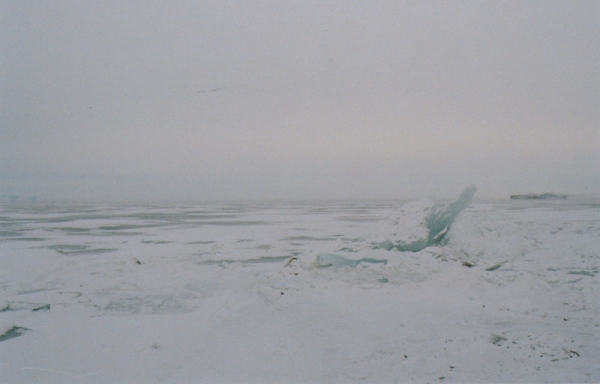
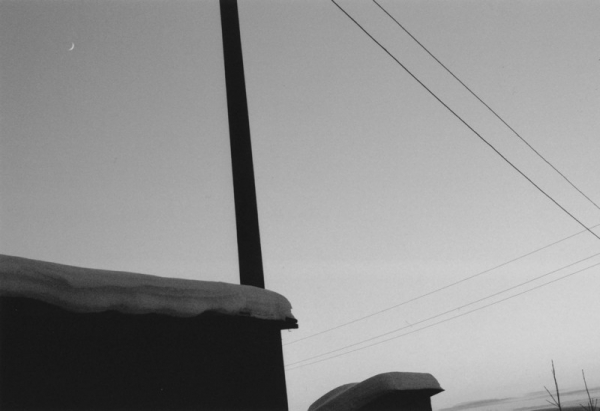
It’s not out of poverty or grief that the Russian people drink, but out of an age-old thirst for the miraculous and the extraordinary; they drink, if you will, mystically, striving to lift the soul out of its earthly equilibrium and to return it to a blissful, incorporeal state.
Abram Tertz, Unguarded Thought, 1966
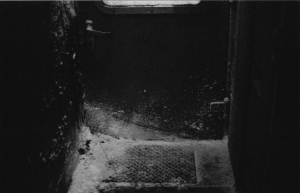
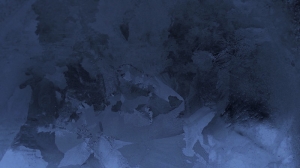
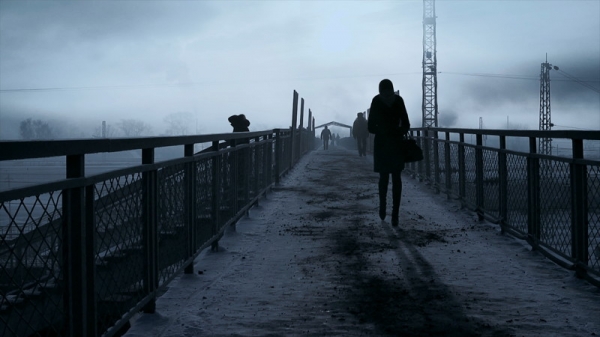
Man seeks to escape himself in myth, and does so by any means at his disposal. Drugs, alcohol, or lies. Unable to withdraw into himself, he disguises himself. Lies and inaccuracy give him a few moments of comfort.
Jean Cocteau
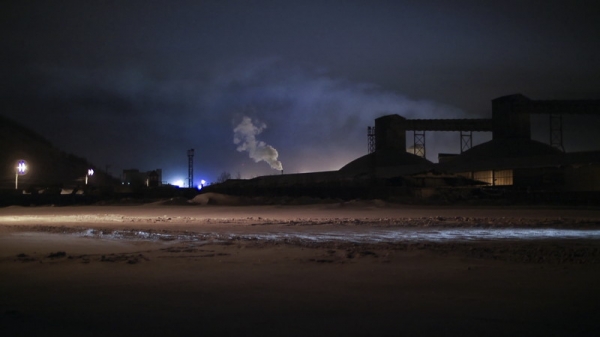
We drink to intensify life and to fire our souls. Only when we start drinking do we come to life, our spirit rising above all inert matter. And to achieve this we need a street, a crooked, provincial street that inclines towards the white sky in the form of a black hump.
Abram Tertz, The Makepeace Experiment, 1963
Alcohol has apparently entered into the people, becoming its flesh and blood... it has bought up the Russian, gaining his friendship; and in it, the Russian seek inspiration, forgetfulness, the easing of his sorrow and his own happiness... Here now is the root of evil.
Mikhail Sholokhov, The Fate of a Man, 1957
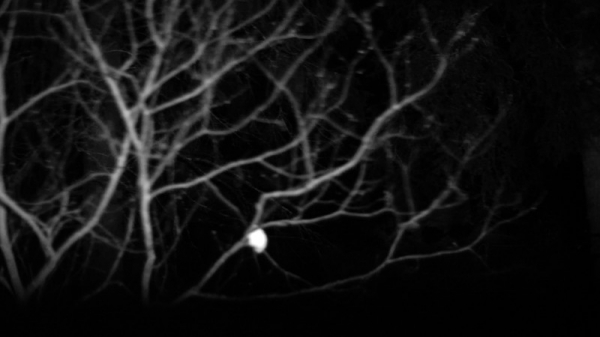
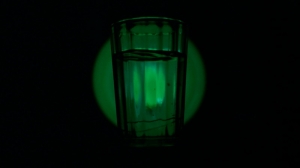
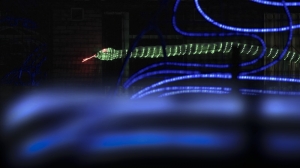
Alcohol doesn't console, it doesn't fill up anyone's psychological gaps, all it replaces is the lack of God. It doesn't comfort man. On the contrary, it encourages him in his folly, it transports him to the supreme regions where he is master of his own destiny.
Marguerite Duras
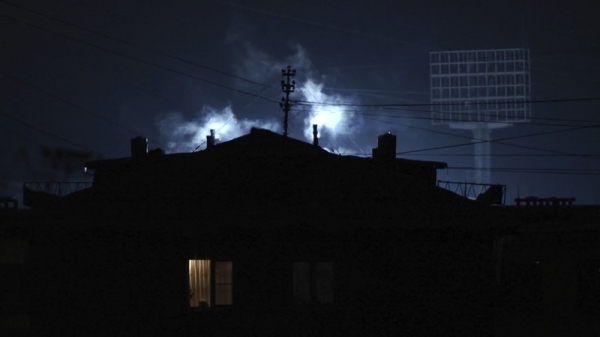
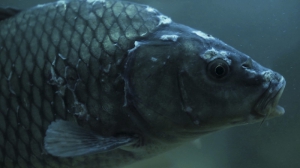

A person drinking vodka is immediately recognizable. You are climbing higher and higher, closer and closer to the heavens, but later you wind up as low as it gets. You might punch your best friend in the face or take a leak in the middle of a restaurant. It doesn't matter - in the morning all you'll remember is the horrified eyes of the women and the shameful feeling of flight.
llya Stogov, Machos Don't Cry, 1999
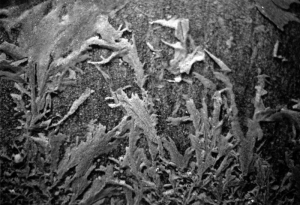
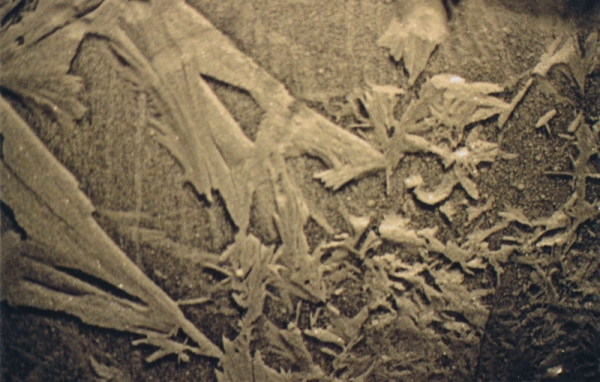
When you are drunk you are inclined to indulge in hyperbole and ecstasy: you become vague, forget where you are, your lower lip droops, you brag to all and sundry, cry to the world that you are Chekhov and puke as morning approaches. In the evening and at night you show off, in the morning you throw up.
Anthon Chekhov in a letter to a friend
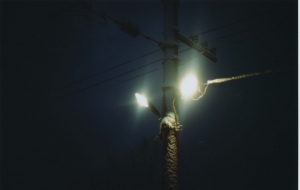
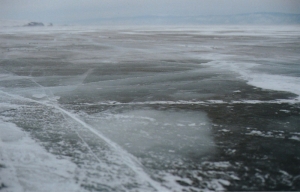
This drink has a magical power. It strengthens the weak, and revives those who have fainted. Those tired after work and physical activity can return their life forces by this drink much sooner than by nourishment. It works as a diuretic, an appetizer, an antitoxin.
Carolus Linnaeus, 18th-century physician documenting the effects of the drink
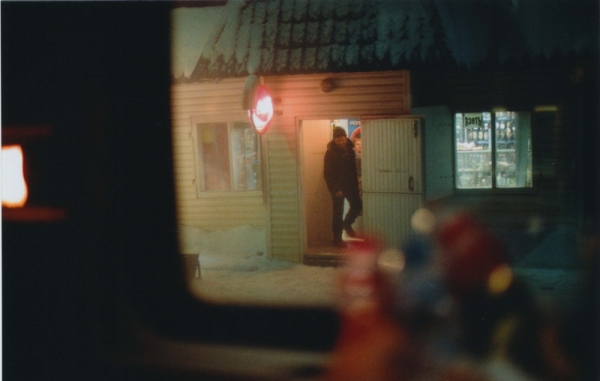
No other human being, no woman, no poem or music, book or painting can replace alcohol in its power to give man the illusion of real creation.
Marguerite Duras
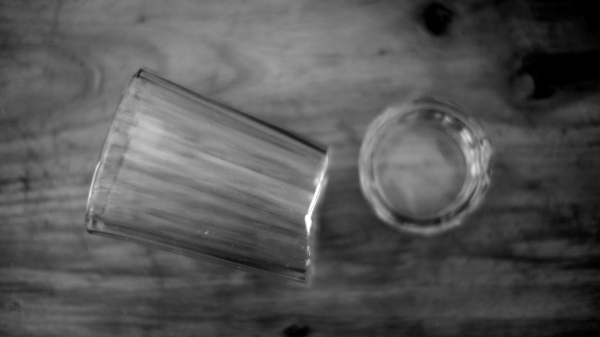
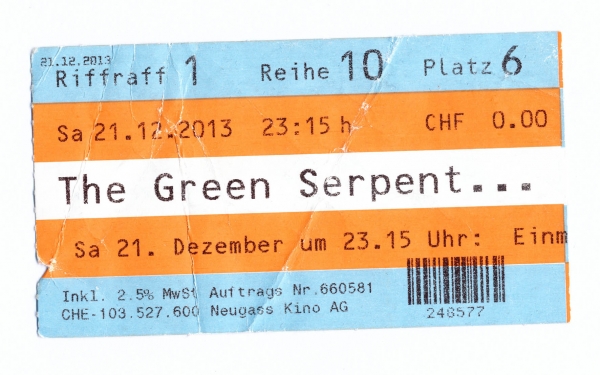
Alcohol is barren. The words a man speaks in the night of drunkenness fade like the darkness itself at the coming of day.
Marguerite Duras

Drinking is an emotional thing. It joggles you out of the standardism of everyday life, out of everything being the same. It yanks you out of your body and your mind and throws you against the wall. I have the feeling that drinking is a form of suicide where you’re allowed to return to life and begin all over the next day. It’s like killing yourself, and then you’re reborn. I guess I’ve lived about ten or fifteen thousand lives now.
Charles Bukowski
